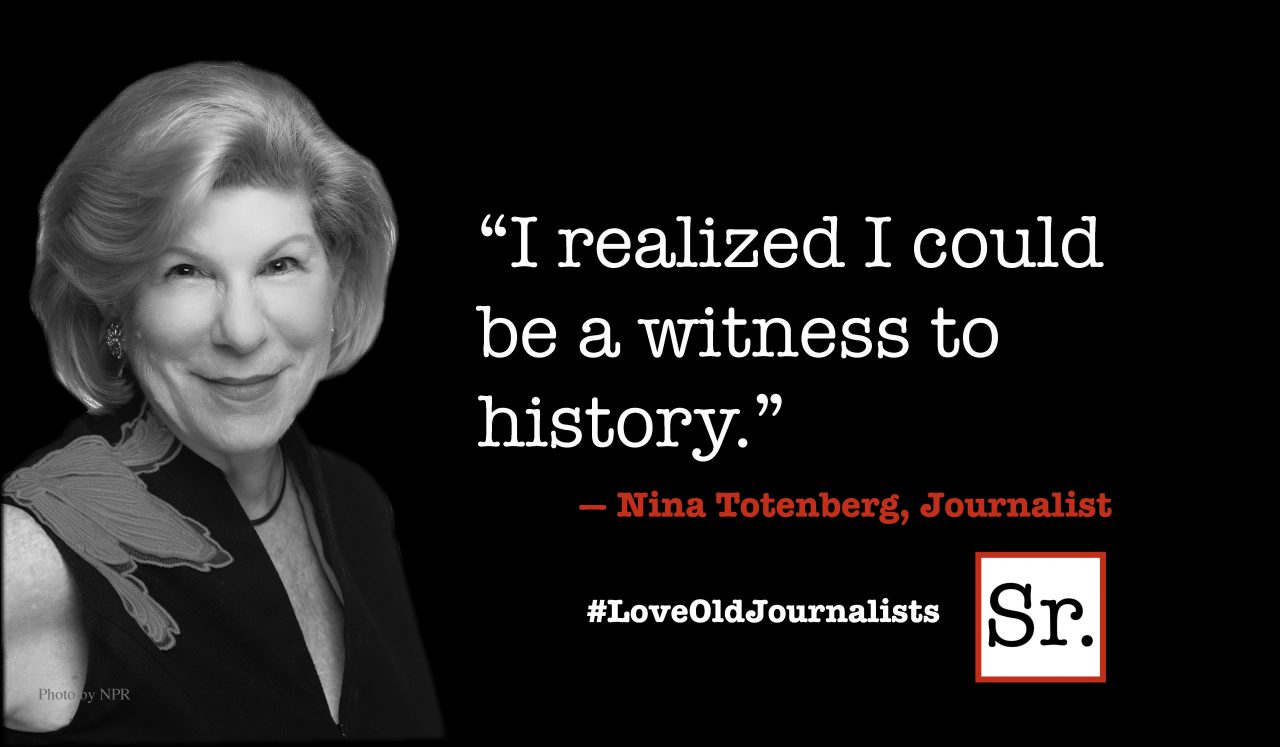"I call intuition cosmic fishing. You feel a nibble, then you've got to hook the fish." Buckminster Fuller, Architect and Inventor
One of our clients, a very successful and nationally recognized business owner, tells me that he values the time he spends on a plane because he designates that time as his time. No interruptions. No distractions. No demands. He uses his time for tuning into his intuition, creating, reflecting, learning and planning. He considers this reflection time one of his best business strategies. He believes that most folks would greatly benefit from investing a little more time in reflection.
We could not agree with him more. The speed of life and work can really take a toll on the quality of our thinking, decision making and actions. We can easily trade quantity for quality. We can mistake activity for value. Clarity disintegrates into chaos and confusion.
We may fail to recognize the difference between machines and people. We relate to ourselves and others as machines, accelerating the speed at which we operate expecting to sustain this speed indefinitely. Even machines go down for preventative maintenance. We teach, and continue to learn, that when it comes to people, "Slow is fast. Fast is slow." We all benefit from seeking first to be effective and then to be efficient.
Coach Hank puts it this way. Hank says that most of us are "over stimulated and under inspired". Plenty of information. Plenty of devices. Plenty of distractions. Plenty of doing. Not enough "being." He often reminds us that we are "human beings" not "human doings."
Reflecting is by far my favorite way of learning. I find that looking back on recent events, and asking myself what's to be learned from those experiences, is always interesting and appeals to my practical need to learn something from everyone and everything. I figure if I can learn from what's happening, then there's a chance I will not make the same mistakes over and over. I will graduate to new mistakes and learn from those experiences. Life's lessons are there for the learning. If we do not take a little "time out" to reflect on those lessons, they will pass us by.
There is a catch, and you already know what it is. Reflecting takes time. It requires a little discipline. It means that we have to pull ourselves out of the day to day drama surrounding our work and our lives. We have to unplug… retreat. Retreat? Who has time for such indulgences?
We are fans of claiming little pockets of time here and there for ourselves. This means calling "time out" and taking a few minutes to reconnect with our own sources of inspiration.
In her book, 20-Minute Retreats, Rachel Harris, Ph.D., provides readers with numerous strategies for reviving their spirits in just minutes a day.
Harris suggests that you ought to practice retreating and reflecting if…..
- You can't remember the last time you laughed until you cried.
- You're too serious.
- You just try to get through each day.
- You don't celebrate small events.
- You only notice problems and ignore all of the positives.
- You think cards and wrapping paper are a waste of money.
- You don't take regular vacations.
- You're not glad to be alive.
- You don't pay attention to seasonal changes.
- You don't notice when there is a full moon.
What if we came to realize that slow has always been fast enough? That we must slowdown in order to access and express the best of ourselves? If I am not mistaken, this practice is Biblical. It's called Sabbath.
"It is always with excitement that I wake up in the morning wondering what my intuition will toss up to me, like gifts from the sea. I work with it and rely on it. It's my partner."
Jonas Salk, M.D., developer of polio vaccine
Your Coaching Challenge, Should You Choose to Accept It:
Reflecting is both restorative and preventative. How might you benefit from treating yourself a little more like a human being? How might others around you benefit from your taking a little time out? Make a choice and CALL TIME OUT!! It won't happen any other way.








